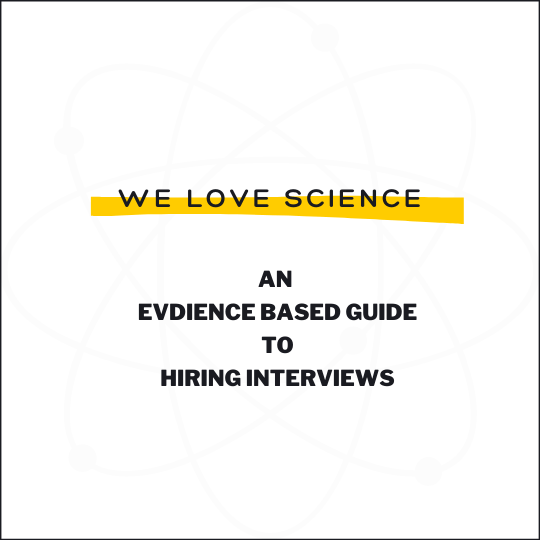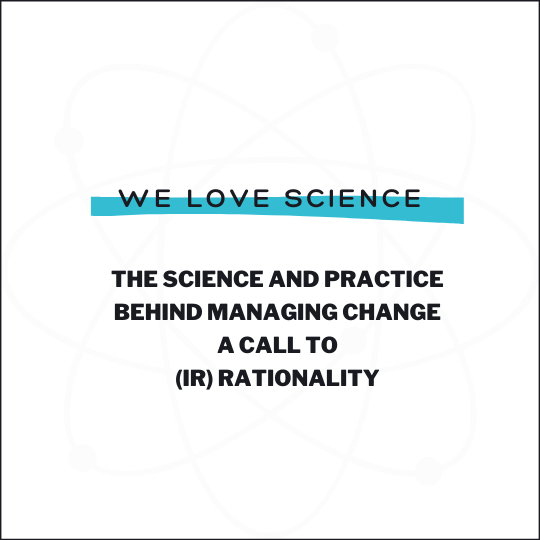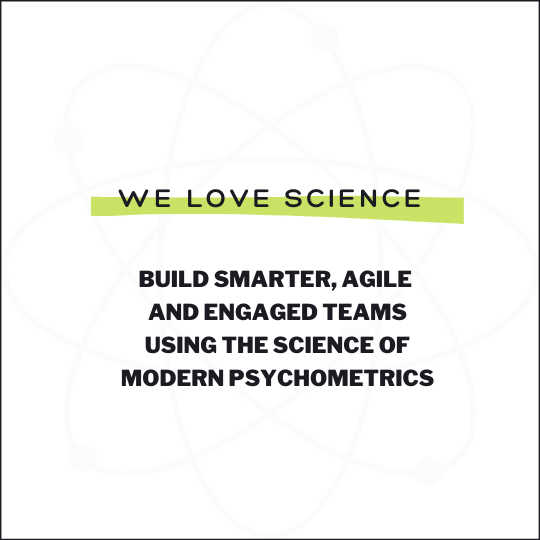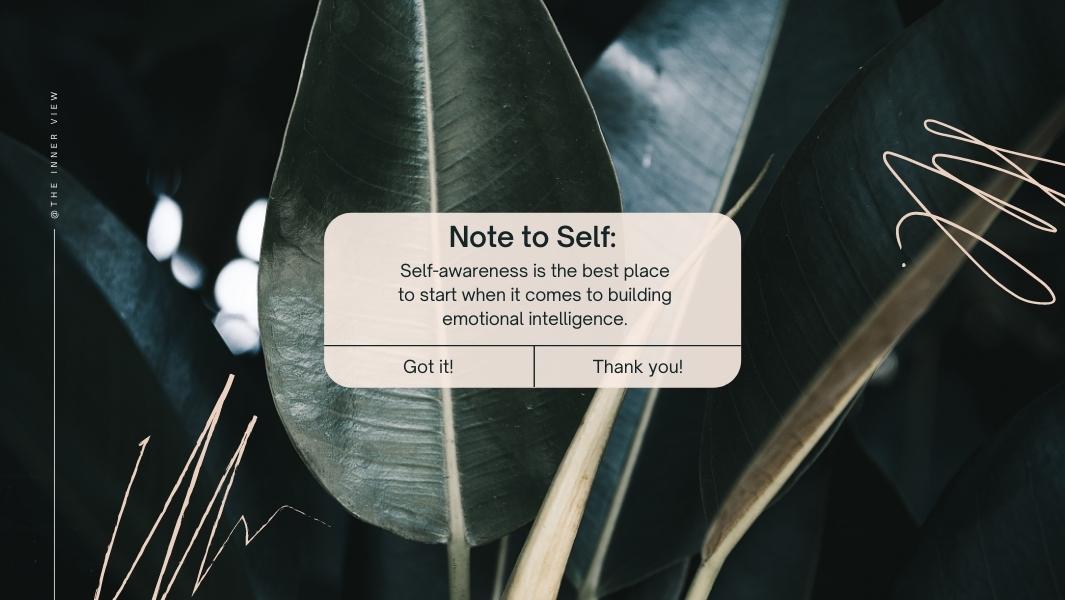
Think about your workplace, the people around you, and the situations you find yourself in. Every day, a variety of emotions are at play. Remember the last time you saw two of your co-workers arguing over a project proposal? As the situation progressed, one began to speak louder. The other did the same and soon began to yell at each other. How was that for you? Is it frustrating to see people get angry? How do you respond when you see people arguing? This piece examines how emotional intelligence comes into play at work and how it affects different aspects of the workplace.
What is Emotional Intelligence?
Emotional intelligence (EI) or emotional quotient (EQ) denotes the capacity to use, understand, and manage your emotions in positive ways. To alleviate stress, empathize with others, communicate efficiently, and defuse conflict. This crucial ability is important in interpersonal communication and the business world.
The core of emotional intelligence is emotion. But it’s much more than that. It is about reasoning with emotions and making decisions with emotions. Being able to read the emotional play of a meeting, for example. Understanding the emotional impact you’ve had on another person is also important. Similarly, managing your emotions and handling the emotions of others.
There’s a lot to it. Ultimately, it’s how well you read, understand, communicate, and manage your own and other people’s emotions, as well as how well you weigh them into your decision making.
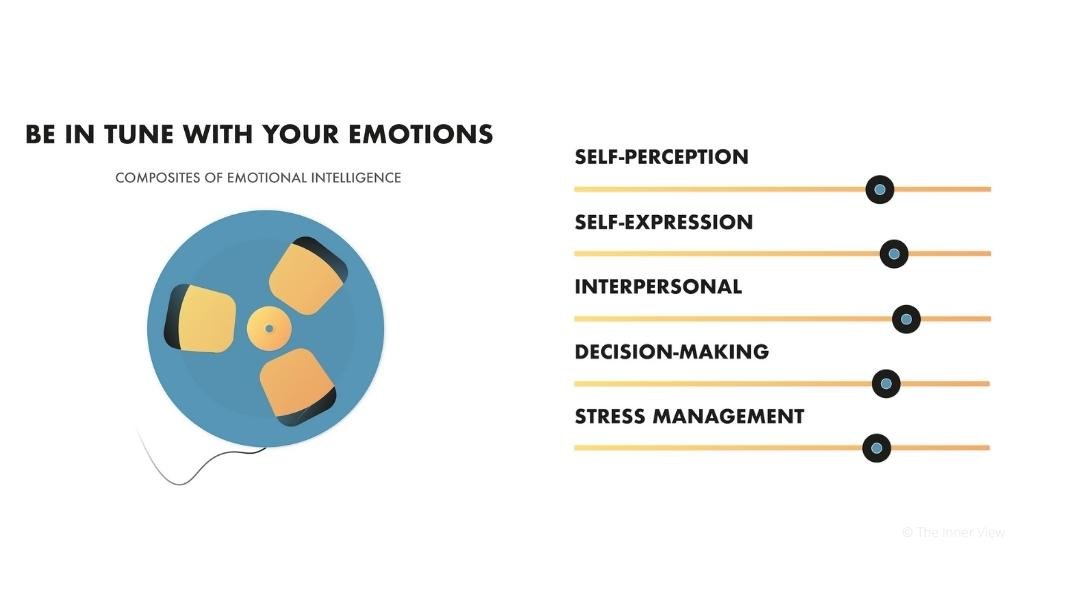
Using Emotional Intelligence at Work
Each model of emotional intelligence identifies self-awareness as an important skill set. It is the fundamental building block of emotional intelligence. Whether you are the CEO or the receptionist, being able to know how you feel, being able to recognise the patterns and habits in your emotional reactions, and understanding the emotions that drive your behaviours are essential skills that can impact your job performance and your relationships.
Some people use their emotional skills naturally. Nonetheless, there are steps you can take to develop your ability to understand emotions. This can be especially helpful at the workplace where business decisions often depend on interpersonal skills.
An initial step toward using EI at work is to practice the identification of your emotions. Self-awareness is recognising various facets of yourself, including your emotions. It involves paying attention to your feelings, taking stock of emotional weaknesses and strengths.
What are you feeling when your body physically reacts to what people say or do in different situations? Do you get nervous before engaging in a conversation with someone you don’t know well? Also, can you make the connection between how you feel in your body and the situation you’re in?
If the answer is yes, then you’re likely to be self-aware.
EI and Leadership
EI is a significant constituent of effective leadership. You’ll discover that the capacity to be perceptively tuned with your emotions can be an effective tool for team leadership. EI for visionary or transformational leadership comprises five major attributes: empathy, self-management, relationship management, effective communication, and self-awareness.
Highly emotional intelligent leaders are less likely to get stuck in decision making and problem solving when conflicting emotions are involved. They are more likely to be able to decipher the play in a meeting, negotiation, or a conversation. And thus respond in a positive and influential way. They may be able to engage, motivate and connect better with peers. It’s important to be able to not only deliver results, but also efficiently deal with peers and staff.
Hence, the ability to relate behaviours of EI to workplace performance is a huge advantage in developing a cohesive team. It’s worth noting that leaders who lack EI are less likely to gauge the expectations and needs of those they try to lead effectively. Also, those who respond without filtering their emotions can develop mistrust amongst their staff. That can jeopardize their relationships seriously. Responding with erratic emotions can destroy overall culture and positive sentiments towards the company.
Remember, good leaders should be self-aware and recognize how their non-verbal and verbal communication can impact their team.
Emotional Intelligence at Work and Organisational Health
Firstly, companies are reorganising, reshaping, and implementing new technologies to stay competitive in today’s fast paced environment. To put it another way, they are consciously attempting to adapt. So how can EI facilitate the process? It can allow companies to deliver enhanced services while attaining superior results.
Secondly, research has shown empathy to have diverse benefits. These range from maintaining and enhancing cooperation and increasing the likelihood of helping behaviour to fostering desirable sales behaviours and more effective leadership. As a result, leaders should harness EQ power via training interventions and a people-centred mindset.
We’ve all heard the phrase “profits over people”. The emotional impact companies have on their stakeholders should be prioritised at the core of their decision making. As a result, companies must foster a spirit of empathy both within and outside the office now more than ever. EQ is what distinguishes successful companies from the rest.

To what extent is your company human-centred?
We have created an assessment tool to evaluate your company’s empathy levels in collaboration with French businesswoman, author, and entrepreneur Maëlle Gavet.
To assess your company’s empathy score, click on the image.
Measures of EI
Self Reports
Various assessments measure EI levels. Generally, such tests fall into one of two kinds: ability and self-report. The latter are the most common since they’re the easiest to score and administer. On these tests, you respond to statements or questions by rating your behaviours. For instance, you’ll answer by describing whether you agree, disagree, or strongly agree to a statement or question.
However, there are some obvious drawbacks to this method. Firstly, self-report methods are open to biases that leave room to measurement error. In addition, people may not be particularly good at making such self-assessments. Rating one’s own emotional intelligence depends on insight and self-understanding, qualities which are themselves central to EI. It is therefore paradoxical to assume that a less emotionally intelligent person may be able to meaningfully rate their own level of EI.
Also, self-reports are subject to reporting bias. This is true especially in contexts where people might be motivated to try and fake their answers. That is, to try and come across in a favourable light. For instance, those asked to rate their positive attributes may deliberately try to fake high scores. This is particularly true for high-stakes scenarios such as job interviews or exams.
Ability Tests
On the other hand, ability tests involve responding to various scenarios and subsequently, evaluating your skills. Such tests require you to demonstrate your abilities, which a third party rates.
Here are several valuable EI tests backed up by scientific evidence:
- Emotify – measures emotional intelligence, perception and understanding using gamified assessments.
- EQ-i 2.0 – provides an understanding of one’s emotional functioning in five broad areas: self-perception, self-expression, interpersonal, decision-making, and stress management.
- Emotional and Social Competence Inventory (ESCI) – for coaches and HR practitioners who wish to apply EI measures related to Daniel Goleman’s books.
- Mayer-Salovey-Caruso Emotional Intelligence Test (MSCEIT) – measures perceiving emotions, using emotions to facilitate thinking, understanding emotions, and managing emotions.
- Wong’s Emotional Intelligence Scale (WEIS) – a self-report measure. Respondents are asked to select options that best reflect their probable reaction in specific situations. Then choose one of two types of abilities that best represents their strengths.
Before making a decision, we recommend you carefully examine each test and familiarise yourself with the scales. You’ll surely find one that meets your requirements.
If you don’t find what you’re looking for and want to build and validate your own tool, you can visit our psychometric test design and development page. You may find valuable information to help you determine if developing and validating bespoke tools is the best choice. We are open to new projects, and our testimonials will give you an idea of how enthusiastic we are about this field.
Bottom Line
While some people are naturally emotionally intelligent, emotional intelligence at work can be developed and practiced. Having a work culture that does not value emotional intelligence can have a negative impact on organisational efficiency. Eventually, negative impacts result in culture breakdown and affect the bottom line. That’s why EI is crucial in the workplace if you seek efficiency and peace of mind for your entire organisation.
About the authors
Cosmin | I/O Psychologist & Organisational Consultant
Andreea | Cognitive Behavioural Coach & Organisational Consultant


